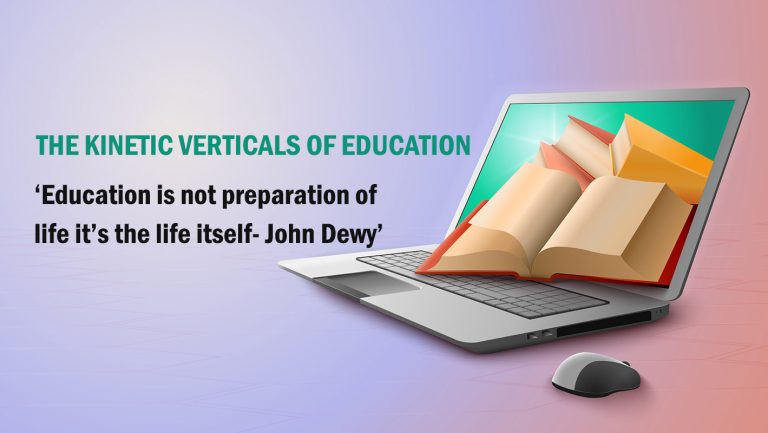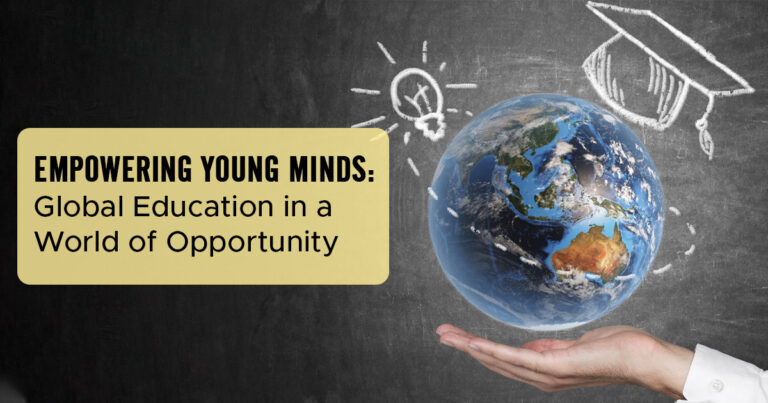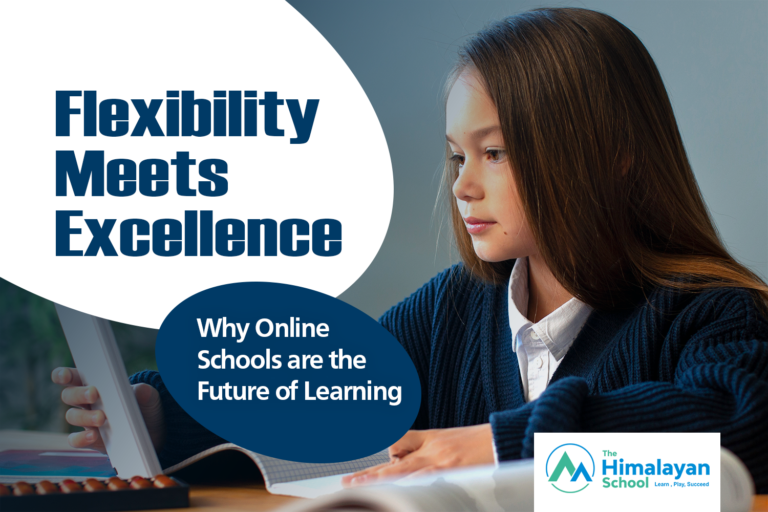Donning The Crooked Thinking Cap
One summer all the children of the family met for their annual congregation at their grandparent’s place. Small kids in the family were busy playing on the swing in the lawn and elders were busy chit-chatting nearby. The youngest one in the family who was the apple of everyone’s eyes started exploring all the plants in the lawn.
She plucked a few leaves from small and big plants and was observing each leaf with great fascination. It was then that the act caught the eye of the grandmother. She was infuriated at the insensitivity of the child towards the plants. To dissuade her from repeating the act, she called out to the child and told her “You have angered the God residing in plants by plucking these leaves. God will punish you for sure. Say Sorry and promise that you will never pluck any leaf or flower in the future.” She ordered. The young girl stood there looking at her grandmother and the leaves in her hands. After much deliberation, she announced- “Dadi! you know, God resides in the central line of the leaf.” Amused, Dadi enquired, “Why do you think so?”
She answered as if accusing Dadi of being unmindful, “Have you ever seen a crooked God? He resides in this thick central line and not in these broken crooked smaller sidelines. I have not harmed the central line, so God is not going to be angry with me.” She declared. Her confidence and thought left everyone wondering, Do children think differently? Do they see the world in the same way the elders see it? Do they have the ability to observe, analyze, enquire, experiment, and arrive at a conclusion? The answer to all these questions was a clear ‘YES’ since everyone was witness to the incident. A four-year-old girl pondered and analyzed before arriving at the conclusion and announcing it.
In another incident, the family sat for the ONSADHYA, the customary family lunch to celebrate Onam. Smaller ones were made to join the elders since that was the tradition, having lunch together as a family. The rice was being served with ghee for everyone and after a short prayer, the family elder asked everyone to start. A young boy poured some water from his glass over the rice. Surprised at his act, the family elder scolded the child for disrespecting the Sadya and demanded an explanation. He answered without hesitation that he poured water to cool the rice on his plate.
Children have their own way of looking at things and situations. As educators, one should always bear in mind while planning for a class that more than informing children of the concepts and facts, it is important to force them to think and guide them in a way that they are able to identify and observe the pattern in the concept taught and provide them the opportunity to think beyond and critically to use the knowledge to arrive at a conclusion or apply the knowledge to solve practical problems in the environment around them. The journey matters more than the destination since it’s the journey that will instill in them the resolve, the determination, the confidence, and the clarity of thought that will make them winners in every endeavor they may choose to take on.
Allow children to ask the Why and How questions. Guide children to look for clues and not provide them the readymade solutions. Instill in them the confidence to experiment and arrive at a decision. Instill in them the belief that failing is just another step towards better learning and take the shame and guilt away from it. Putting learners in situations where they learn to depend on themselves rather than the outside help will enable the innovator inside of them to come out and will establish a sense of confidence as well. It is time to make children accountable for their learning and the role of the educator is to remain there as a witness and facilitator to achieve such learning. Dethroning educators from the position of ‘know all’ to a ‘partner’ in the journey of exploring and hunting for new learning is the way forward to making it relevant and relatable. Keeping account of individual differences and accommodating the varied inferences and opinions to arrive at a general conclusion is what makes the educator really skillful. The learning thus attained will enrich both the learner and the facilitator in more than one way. Don the thinking cap and let that be the crooked one since there are many ways to look at and solve a problem.
Snehlata Krishnan







